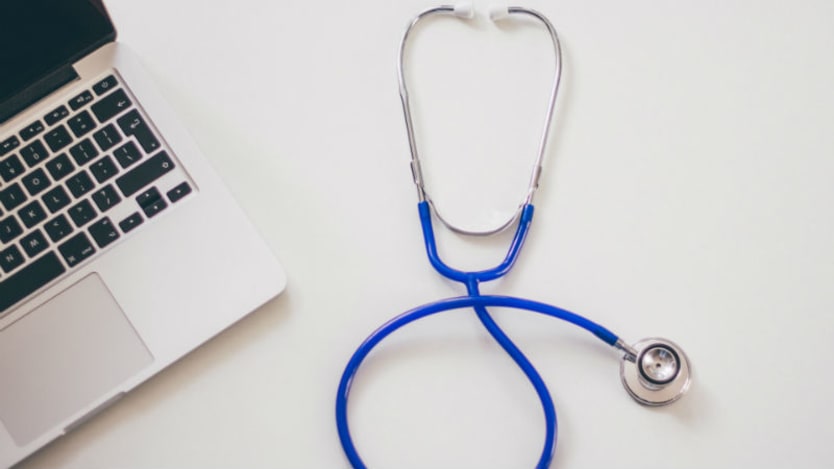
We are living in a moment of unprecedented attention to expanding access to essential health care.
That has been evident in Geneva this week, where leaders from government, civil society, and the private sector are meeting to set global health priorities. They reaffirmed their resolve to reach 1 billion more people with health coverage in the next five years, an interim step toward achieving universal health coverage by 2030. It’s a remarkable shift; UHC was once considered a distraction countries were best advised to avoid, but today it is an overarching goal of the United Nations.
Conversations about health care access are happening outside Geneva as well, and importantly the focus is on those who are most vulnerable — including mothers who lose their lives while giving life.
Over the past few weeks, diverse voices including Bill Gates, Ugandan Health Minister Dr. Jane Ruth Aceng, and Indian parliamentarian Shashi Tharoor have called for action to save the 830 women who die every day from pregnancy- or childbirth-related causes. In the United States — where a high rate of maternal mortality is an outlier among industrialized nations — there is growing bipartisan consensus on maternal health, and the issue is receiving attention on the presidential campaign trail.
Attention to health care access is wonderful, but how do we get to solutions? The question is particularly urgent for health challenges such as maternal deaths that we know how to prevent.
Fundamentally, ensuring better health is about addressing inequity. That includes passing laws and policies that provide access to affordable, dignified care. It means investing in well-functioning health systems that can coordinate care across different levels — community, clinic, hospital. Equity in health also depends on addressing larger structural disparities such as those that cleave along gender or racial lines.
Increasingly, equity in health is a matter of equity in data — the new currency of our modern world. It can shine a light on invisible and vulnerable populations, especially women and children. Combined with predictive technologies, data can inform solutions that save lives.
Yet for all of the world’s innovations in data and data science — apps that hail taxis and online services that deliver groceries — we have yet to harness these advances for the health of mothers and children. As a global community, we must commit to making the fruits of data science available not only to the rich and powerful, but also to the poor, disenfranchised, and most at risk.
More and better data would be revolutionary for keeping mothers healthy. It could help countries see “hot spots” of where maternal mortality rates are highest, while also shining a light on “cold spots” where large numbers of at-risk women lack access to care.
Crucially, insights from data could help coordinate action among different levels of the health system, so that doctors, community health workers, and public health officials can get the right care at the right time to the people who need it most.
We are at a turning point where data can either be enlisted as an ally in the fight for better health for all, or we can instead allow the data revolution to drive us further apart.
Certainly, there has been important attention to the issue. For one, the World Health Organization has unveiled a comprehensive strategy on digital health.
But the scale of investment does not yet match the scale of the problem, or the potential to save lives. Tools developed by different funders or technology providers may not be compatible with each other. Ministries of health and the nongovernmental organizations that provide frontline care are not fully equipped to take advantage of digital health tools once they become available. Data-sharing agreements that enable life-saving insights while also ensuring privacy and responsible use of personal data have not been developed.
Data equity is a moral issue, and it is a social issue: History warns us that the inequitable distribution of resources such as health data could lead to social unrest and instability, and we may already be seeing these consequences take hold.
Data equity in health is also an economic issue. A major factor limiting women’s participation in the workforce is poor health. This has a profound effect on national income; we know that more inclusive economies are more prosperous economies.
At The Rockefeller Foundation, we are taking a hands-on, operative approach to close the digital divide in health, and drive better health outcomes for all. We envision a world in which data helps protect our most poor and vulnerable, predicting high-risk pregnancies and treating high-risk children.
We hope to work with many others in creating a digital revolution for global public health. That is how we can turn the current momentum around health equity into meaningful change for everyone, everywhere.








